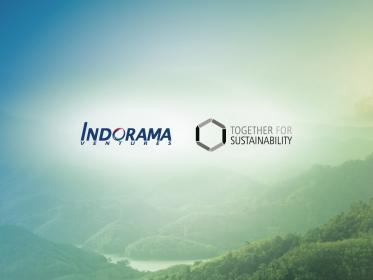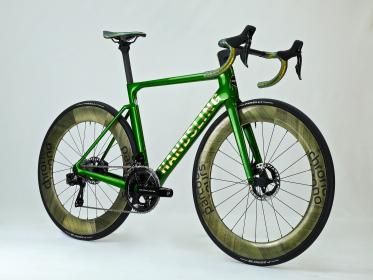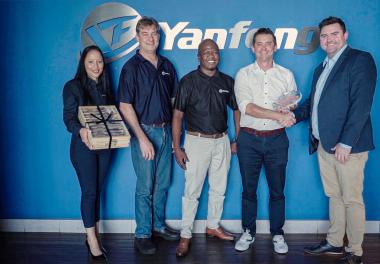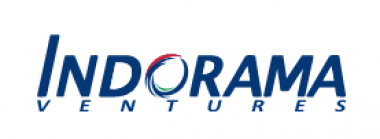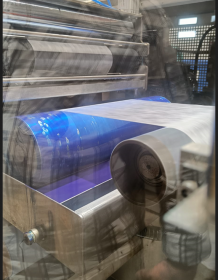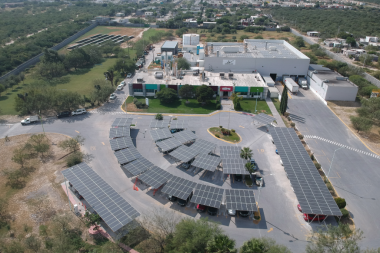Karine Calvet and Pierre-Yves Roussel join Lectra’s Board of Directors
Lectra’s Annual Shareholders’ Meeting held on April 28 appointed two new Directors, Karine Calvet and Pierre-Yves Roussel for a four-year term. They both will become members of the Strategic Committee, replacing Bernard Jourdan, Lead Director, and Anne Binder. Karine Calvet also becomes a member of the Corporate Social Responsibility (CSR) Committee.
With its new strategic roadmap for 2023-2025, the Group aims to use its expansion – mainly due to the acquisition of Gerber in June 2021 – to accelerate its growth, significantly increase the share of SaaS in its sales, and seize opportunities for external growth. Supported by the commitment of its staff and recognized by its customers, Lectra will also be at the forefront of a more sustainable future.
Karine Calvet is Vice-President EMEA responsible for Partners at AVEVA, a subsidiary of Schneider Electric. She began her career at CGI in 1993 and has spent most of it in IT: sixteen years in services companies, seven years in telecommunications, and six years in software. She has had leadership roles in telecommunications environments for leading global companies (CGI, Capgemini, Alcatel-Lucent, Verizon, Microsoft and currently Schneider-Aveva), focusing on digital transformation. Karine Calvet served as Head of Industry at Capgemini, then managed worldwide teams at Alcatel-Lucent as Vice-President, Eastern Europe then at Verizon as Managing Director. Her time at Microsoft strengthened her software expertise, her direct and indirect channels skills, and her experience in IT services. In the last two years, as Vice-President, Southern Europe then Vice-President, Partners and Alliances at Schneider-Aveva, Karine Calvet has worked closely with industrial companies to help them meet the challenges of operational efficiency, safety, cost management, sustainability and decarbonization by taking advantage of digitalization.
Pierre-Yves Roussel has been CEO of leading US fashion label Tory Burch since January 2019. He began his career in investment banking with HSBC in Brussels, then at Morgan Stanley in London. In 1990, he joined management consulting firm McKinsey & Company in France, where he led numerous consultancy assignments in the fashion, luxury, distribution and media sectors in Europe and Asia. In 1998, he was elected Partner then, in 2004, Global Senior Partner (Director). In 2004, he joined the LVMH Group Executive Committee as Executive Vice-President, Strategy and Operations, reporting directly to Bernard Arnault. In 2006, he was appointed Chairman and CEO of LVMH Fashion Group, one of the LVMH Group’s five branches of operational activity. From 2006 to 2018, he was Chairman of the Board of the brands Céline, Givenchy, Loewe, Kenzo, Pucci, Rossimoda, Marc Jacobs, Donna Karan, Berluti, JW Anderson and Nicolas Kirkwood. He has also been a member on several prestigious fashion juries including Andam, CFDA Fashion Incubator, and the LVMH Fashion Prize. He was a member of the management committee of the Chambre Syndicale de la Mode et de la Couture from 2010 to 2018. In 2018, he left the LVMH Group to take up the post of CEO – based in New York – of the company Tory Burch. Founded by his wife in 2004, the private family-run company has more than 350 stores worldwide, 13 retail websites, and nearly 5,000 employees.
Lectra











